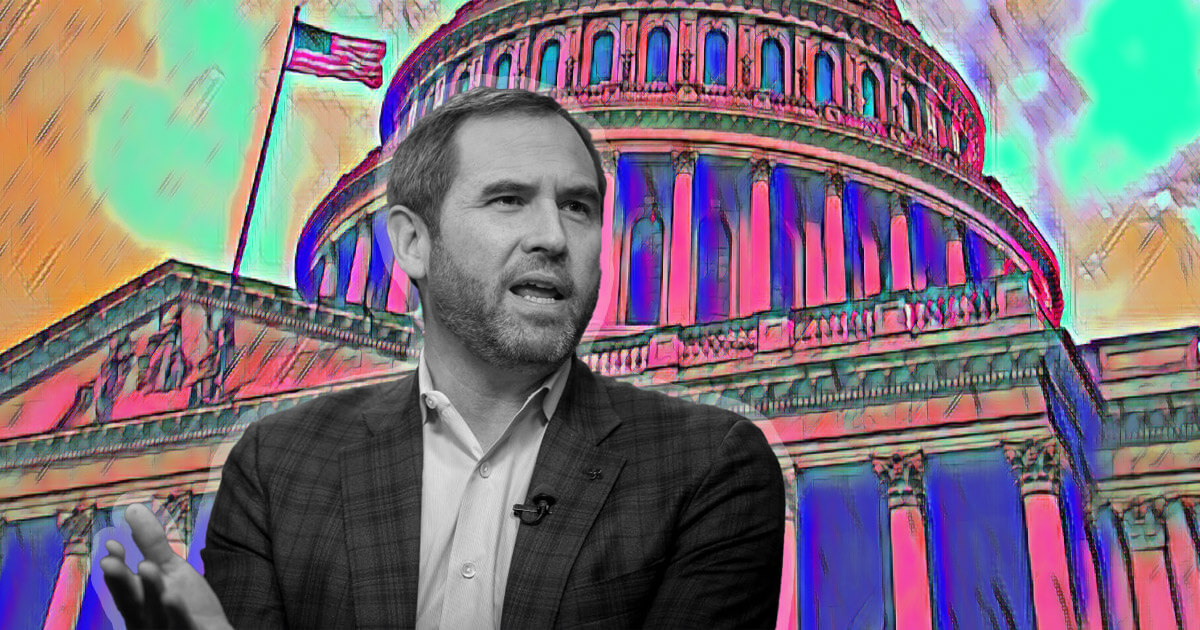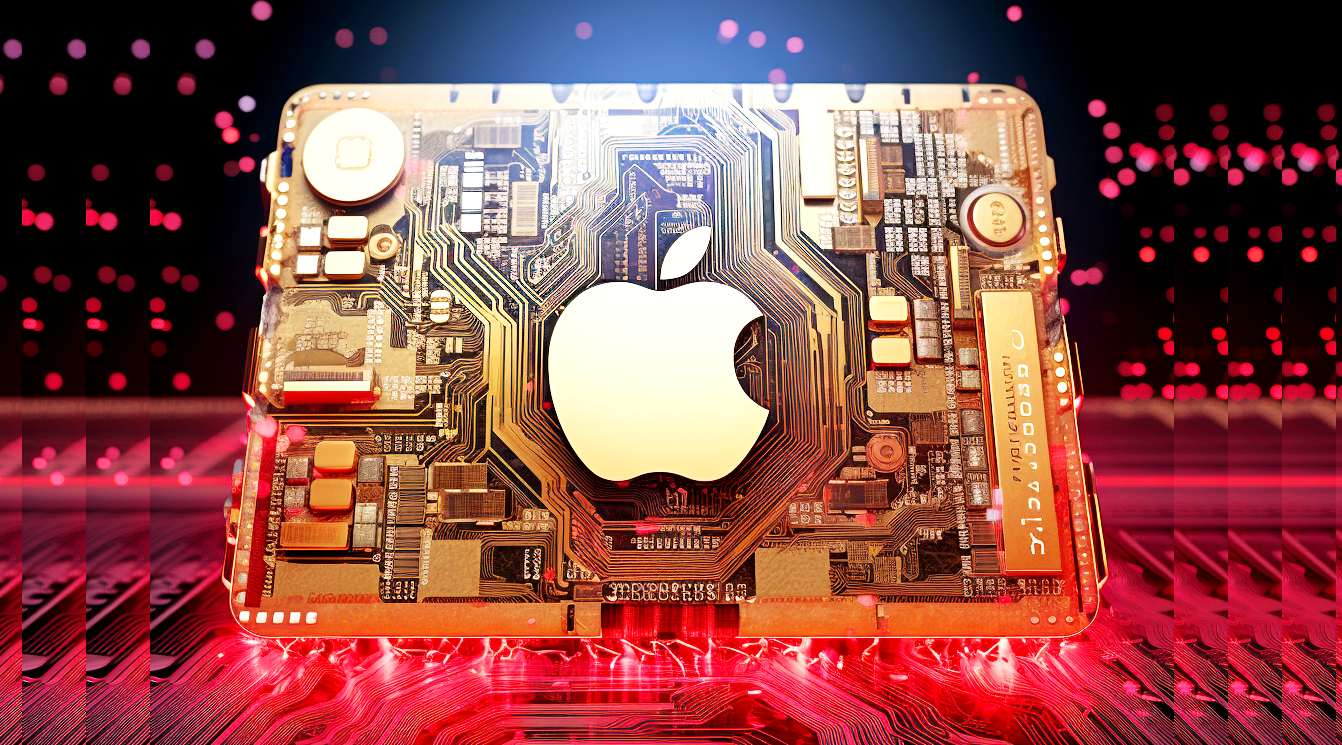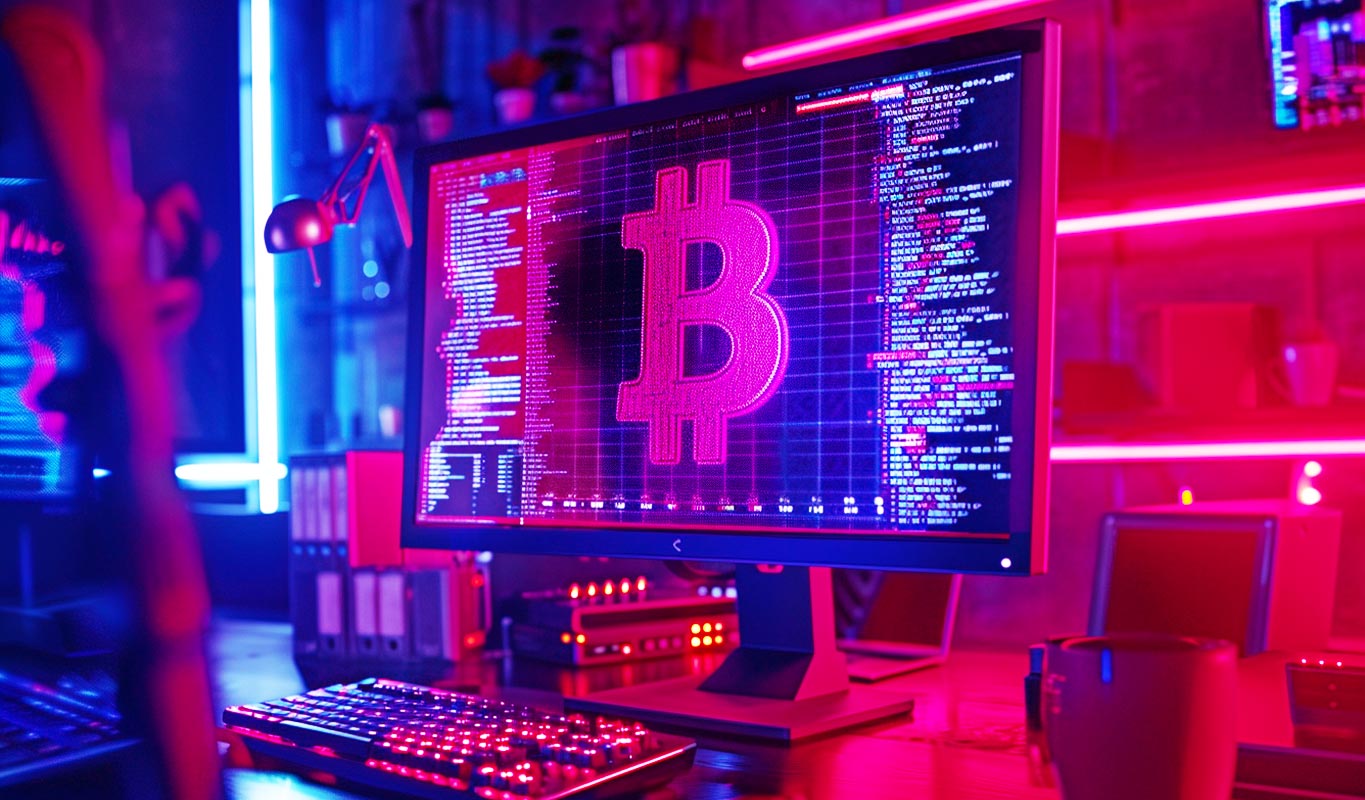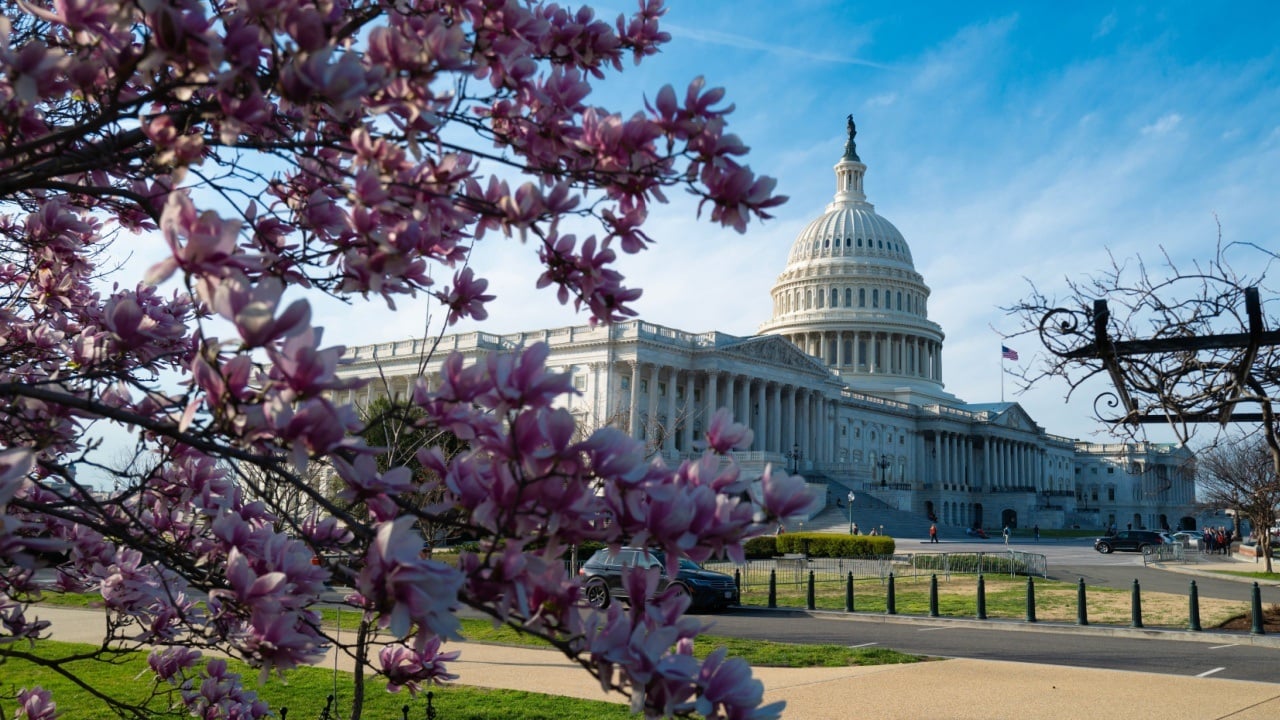Ripple CEO Brad Garlinghouse appeared on Axios to call the Securities and Exchange Commission (SEC) lawsuit against his firm misguided.
Speaking on HBO’s Axios news series, Garlinghouse appeared in good spirits. Referencing the SEC’s non-action over an eight-year period, he even laughing at interviewer Dan Primack’s joke on no give-backs as a defense strategy.
Garlinghouse outlines Ripple’s defense
The SEC filed a lawsuit against Ripple in mid-December 2020 over allegations it, CEO Brad Garlinghouse, and Chairman Chris Larsen were involved in selling an unregistered security in the XRP token.
Although the immediate aftermath saw massive sell pressure, tanking Ripple’s market cap from $27bn to $9bn a week later, XRP has staged a recovery of sorts. Currently, its market cap is close to pre-lawsuit levels at $21bn.
Nonetheless, the damage was done. Especially as the announcement’s timing came during Bitcoin’s break of its three-year resistance at $20k. While the likes of Cardano and Polkadot rode with Bitcoin’s ascent, XRP remained somewhat stagnant, sliding down the market cap rankings as a result.
Speaking about the situation, Garlinghouse remained steadfast in his view that XRP is not a security. He addressed the point by saying ownership of XRP does not give ownership rights in Ripple.
“If you own a security it gives you ownership of a company, right? If Ripple goes away XRP is going to keep trading.”
Garlinghouse also mentioned that the U.S. is the only country in the world that claims that XRP is a security.
“Many countries around the world, the U.K., Japan, Switzerland, Singapore, they all have clarity and certainty that XRP is not a security. In fact, the United States is the only country on the planet that has suggested that XRP is security…”
Motion to dismiss filed with Judge Torres
Last week, Ripple’s legal team filed a motion to dismiss, saying the case represents regulatory overreach. As the term suggests, the defense is requesting Judge Analisa Torres dismiss the plaintiff’s case.
The letter picks apart the SEC claim, particularly its interpretation of the Howey ruling as it relates to Ripple’s lawsuit. It claims retail investors purchased XRP through secondary exchanges. This means no investment contract exists between Ripple and retail investors.
Garlinghouse also mentioned that any sales he conducted were anonymous, and proceeds not pooled with other investors, making the SEC’s common enterprise argument invalid. As well as that, and perhaps the most tenuous point, Ripple claims the XRP price is correlated with Bitcoin and other cryptocurrencies, and not on their efforts in promoting it.
However, the SEC’s biggest hurdle lies in convincing the judge that the sales took place in the United States. The fact they occurred worldwide is a plus for Ripple’s defense.
Get an edge on the cryptoasset market
Access more crypto insights and context in every article as a paid member of CryptoSlate Edge.
Real-time charts
Price snapshots
More context
Join now for $19/month Explore all benefits

Like what you see? Subscribe for updates.
Credit: Source link























